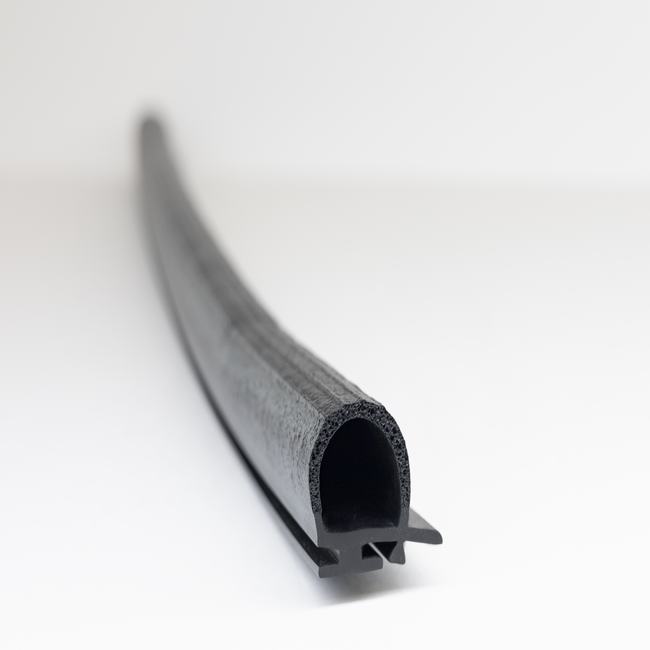Automatic door seals, also known as automatic door bottom seals or drop-down door seals, are specialized sealing devices designed to create an airtight or weather-tight seal at the bottom of doors, particularly in commercial, industrial, or high-traffic settings. These seals are highly effective at preventing drafts, dust, noise, pests, and the infiltration of external elements such as rain and cold air. Here are key features and applications of automatic door seals:
Key Features of Automatic Door Seals:
- Drop-Down Mechanism: The core feature of automatic door seals is their ability to drop down and seal the gap at the bottom of a door when the door is closed. This is typically achieved through a mechanical or gravity-based mechanism.
- Flexible Seal Material: The seal typically features a flexible sealing material, often made of rubber, silicone, neoprene, or a similar elastomeric material. This material compresses against the threshold or floor when the door is shut, creating an effective seal.
- Adjustability: Many automatic door seals are adjustable, allowing users to fine-tune the sealing height to accommodate uneven floors or thresholds. This ensures a tight seal even in less-than-ideal conditions.
- Durability: Automatic door seals are built to withstand frequent use and the rigors of high-traffic environments. They are designed for long-term durability.
- Variety of Profiles: These seals come in various profiles and sizes to accommodate different door types, including swinging doors, sliding doors, and revolving doors.
Applications of Automatic Door Seals:
- Commercial Buildings: Automatic door seals are commonly used in commercial buildings, such as offices, retail stores, hotels, and malls, to maintain indoor comfort, energy efficiency, and noise control.
- Hospitals and Healthcare Facilities: In healthcare settings, automatic door seals help maintain sterile environments, control airflow, and reduce noise, which is crucial for patient care.
- Hospitality Industry: Hotels and restaurants often use automatic door seals to create a welcoming and comfortable atmosphere while maintaining temperature control and reducing noise from outdoor areas.
- Cleanrooms and Laboratories: In cleanroom facilities and laboratories, where precise environmental control is essential, automatic door seals are used to prevent contaminants and ensure airtight closures.
- Manufacturing Facilities: Industrial settings, including manufacturing plants, utilize automatic door seals to control temperature, dust, and noise levels.
- Residential Use: Some homeowners opt to install automatic door seals on external doors to enhance energy efficiency and reduce drafts.
Benefits of Automatic Door Seals:
- Energy Efficiency: They help reduce energy costs by preventing the loss of conditioned air and the infiltration of outdoor air.
- Comfort: Automatic door seals enhance indoor comfort by maintaining consistent temperatures and reducing drafts.
- Noise Control: These seals help mitigate noise pollution, making them ideal for spaces where noise reduction is essential.
- Weatherproofing: They provide effective protection against rain, wind, snow, and dust, keeping interiors clean and dry.
- Security: Automatic door seals can enhance security by ensuring doors are tightly closed and locked.
Proper installation of automatic door seals is essential to ensure their effectiveness. Regular inspection and maintenance are also recommended to check for wear or damage and to make any necessary adjustments.


